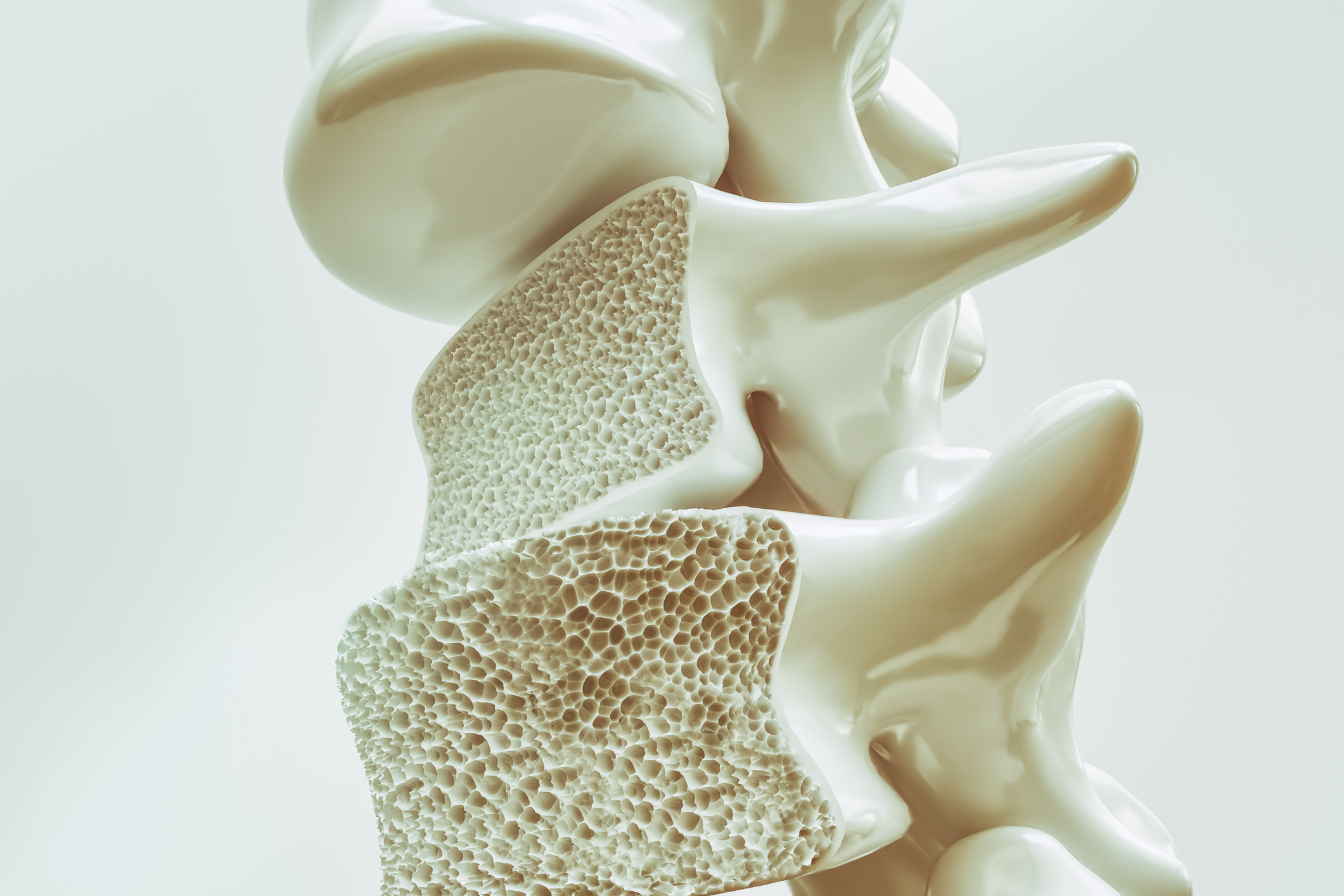
The treatment of bone density issues primarily depends on the underlying cause. Here are some common approaches to treating bone density problems:
-
Medications: Several medications are available to help treat bone density issues. The most commonly prescribed medications are bisphosphonates, such as alendronate and risedronate. These drugs help slow down bone loss and may even increase bone density. Other medications, such as selective estrogen receptor modulators (SERMs) and hormone replacement therapy (HRT), may be prescribed for postmenopausal women to prevent bone loss.
-
Calcium and vitamin D supplements: Adequate calcium and vitamin D intake is essential for maintaining bone health. In cases of calcium or vitamin D deficiency, supplements may be prescribed to ensure the body has sufficient levels of these nutrients. It’s important to note that supplements alone are not sufficient for treating bone density issues, and they are usually recommended in conjunction with other treatments.
-
Lifestyle changes: Certain lifestyle modifications can help improve bone density. Regular weight-bearing exercises, such as walking or weightlifting, can strengthen bones and stimulate bone growth. Additionally, quitting smoking and reducing alcohol consumption can positively impact bone health.
-
Dietary modifications: A balanced diet that includes foods rich in calcium and vitamin D is crucial for maintaining strong bones. Good dietary sources of calcium include dairy products, leafy green vegetables, and fortified foods. Vitamin D can be obtained from fatty fish, fortified dairy products, and exposure to sunlight.
-
Fall prevention: For individuals with decreased bone density, preventing falls is crucial to avoid fractures. Removing tripping hazards at home, using assistive devices (e.g., canes or walkers) if necessary, and practicing good balance and coordination can reduce the risk of falls and subsequent fractures.
-
Underlying condition management: If bone density loss is caused by an underlying medical condition, treating and managing that condition is essential. This may involve addressing hormone imbalances, managing thyroid disorders, or treating other diseases that can affect bone health.
It’s important to consult with a healthcare professional, such as a primary care physician or an endocrinologist, for a proper evaluation and personalized treatment plan based on individual needs and medical history.
See More on Video
The Bone Density Solution By Shelly Manning The program is all about healthy food and healthy habits. As we discussed earlier, we develop osteoporosis due to low bone density. Therefore, you will have to choose the right food to help your calcium and other vitamin deficiencies.